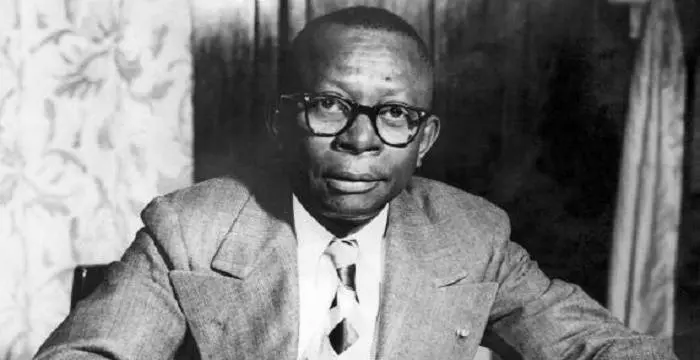The Republic of Liberia, with its rich and complex political history, has seen 26 presidents in its 177 years of existence. Some argue that the count should be 27, as it excludes Hon. James Smith, who served a truncated term as Acting President following the controversial death of President E. J. Roye. This historical oversight highlights the nuanced political memory of Liberia, with citizens expressing varying sentiments toward their leaders. As a political scientist, I recognize the natural spectrum of opinions regarding political figures—people often have deep personal feelings toward presidents defined by both personal experiences and the socio-political context. In embracing this complexity, it is vital to celebrate the achievements of past and current leaders, regardless of differing opinions. It is also essential to recognize the milestones in Liberia’s political journey, such as the election of Ellen Johnson Sirleaf, Africa’s first female president, and George Weah, the only African Ballon d’Or winner to serve as president.
The commemoration of former President William V.S. Tubman’s 129th birth anniversary on November 29th invites reflection on Liberia’s leaders. Shortly after, Joseph Nyuma Boakai’s 80th birthday was acknowledged, albeit more quietly due to recent losses in the political arena. Birthdays of such significant political figures invoke nostalgia for their contributions and raise questions about how Liberia values its historical leaders. The juxtaposition of these two anniversaries offers an opportunity to discuss the importance of national recognition of former presidents, especially given Boakai’s close ties to influential political figures in Liberia’s history, such as the late Senator Prince Y. Johnson.
Controversies surrounding historical narratives, such as the recent assertion regarding President Tubman’s ethnic affiliation, underscore the necessity of accurate information in public discourse. Tubman, born in Maryland County, is often misleadingly labeled as a “Grebo man,” when in fact, his lineage can be traced back to Americo-Liberian settlers. This misunderstanding reflects a broader issue of historical memory in Liberia—many citizens may not have a nuanced understanding of their national history, and there is an evident need for robust educational outreach and research on Liberia’s past. Academic institutions and historians have a critical role in addressing these gaps, ensuring that future generations possess a well-rounded understanding of their country’s identity and governance.
Liberia’s history reveals a narrative that is often selectively remembered, with few presidents attaining the status of national holidays to celebrate their birth anniversaries. Currently, only Presidents Joseph Jenkins Roberts and William V.S. Tubman are recognized with such honor, which prompts a discussion on the broader implications of celebrating presidential legacies. While it may not be feasible to declare national holidays for all former presidents, cherishing their contributions as a collective experience could be advantageous. This discussion might culminate in the proposal for a “National Presidents’ Day,” which could recognize the service of all presidents without overwhelming the calendar with numerous individual celebrations.
This proposal stems from the understanding that each president has made contributions to Liberia, whether perceived positively or negatively. A single day dedicated to honoring the collective contributions of all leaders would serve to unify the nation in its reflections on leadership and governance. Creating this holiday can foster a sense of national pride and encourage citizens to remember the importance of civic engagement and political participation, regardless of the personal feelings they may hold about specific leaders.
Professor Tom Kaydor, Jr. offers significant insights into Liberia’s political discourse through his academic and professional experience. With a Ph.D. specializing in International Development and Diplomacy, Kaydor’s work emphasizes the need for substantial scholarly contributions to Liberia’s historical narrative. His diverse educational background solidifies his standing as a knowledgeable figure in discussions about Liberia’s political landscape. Through articulating these ideas and proposing a National Presidents’ Day, he calls for a recommitment to understanding and celebrating Liberia’s complex political history, enhancing public understanding and fostering a more unified national identity rooted in the contributions of its leaders.














